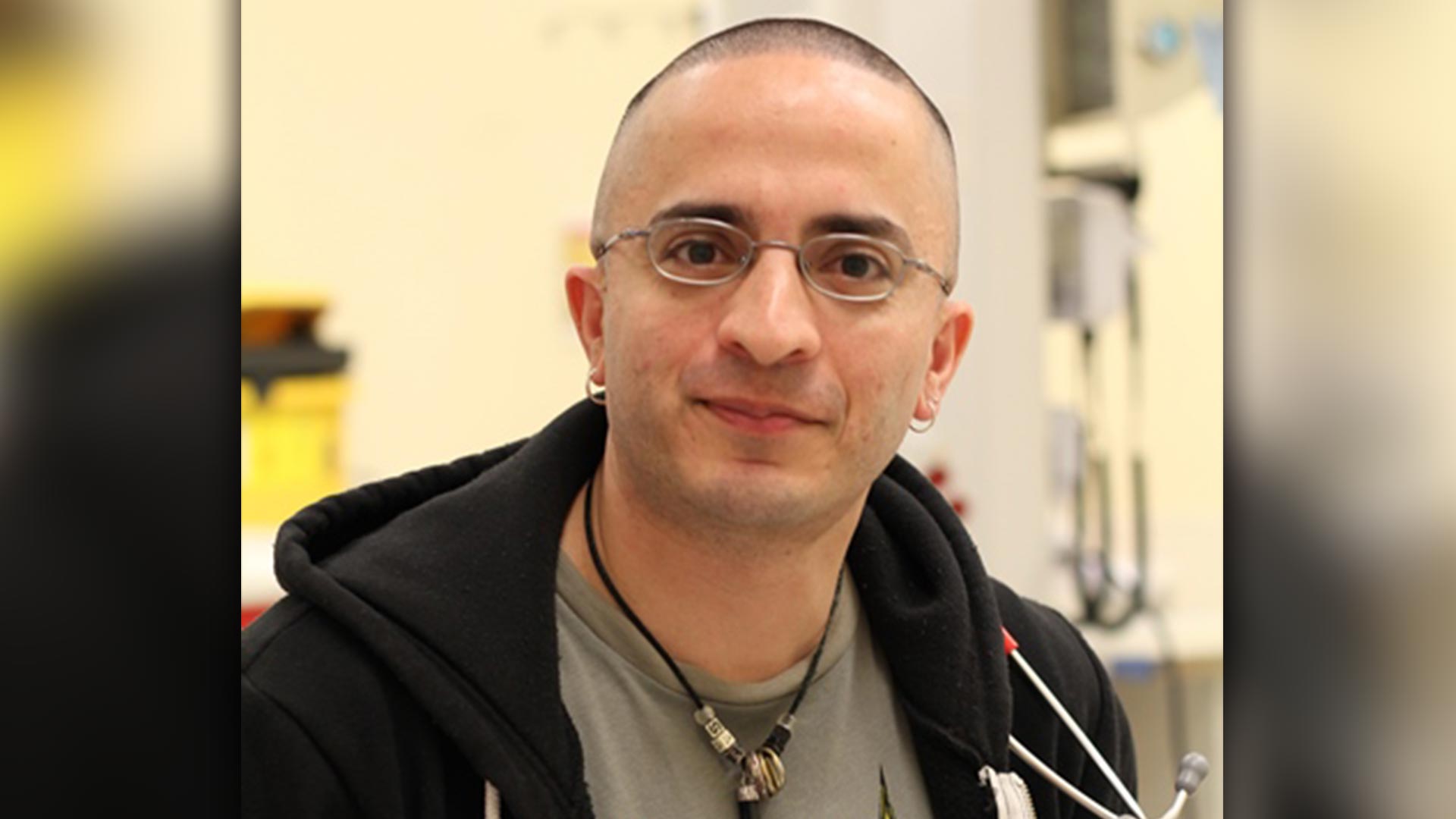
Fighting For A Hand To Hold chronicles Dr. Samir Shaheen-Hussain's fight to end children being flown south for medical treatment alone.
Two child patients inspired Dr. Samir Shaheen-Hussain to take on what he calls “medical colonialism” in Canada and end a policy in Quebec that denied Indigenous children an escort when being airlifted for medical treatment.
The children’s pediatric emergency physician in Montreal recalled two Inuit children from the Nunavik region who came by air to the hospital without caregivers in 2017.
“We couldn’t speak their language. They were crying and we couldn’t ask how or what they were feeling,” he said in a recent interview with APTN News.
“If I were to print one word, it would basically be heartbreaking. “
Shaheen-Hussain said though he had witnessed dozens of airlifted children without parents or guardians over the years, these two stood out.
“One was just missing mom,” he said. “There’s no other word to describe what it must feel like for a kid of that age to be taken out of the community and sent hundreds, if not thousands of kilometers away to a completely different place with people poking and prodding you.”
The practice of separating Indigenous families for the purpose of medical treatment has deep roots in Canadian history.
In the 1940s and ‘50s, thousands of Inuit patients were evacuated from their homes and sent down south to sanatoriums, often alone.

APTN Investigates extensively researched the issues in two episodes, Writing Home which aired on May 15 and Carving Home, airing May 22.
Shaheen-Hussain said that it’s important to look to history in order to understand why systemic biases persists in the medical treatment of Indigenous patients and confront the medical establishment’s role in perpetrating medical violence.
“You had a scenario where kids, among others, but kids have been forcibly removed from their families, sent hundreds of kilometers away in certain cases, not allowed to come back or never came back,” he said. “There is a significant impact of historical or multi-generational trauma that has consequences.”
He has now produced a new book, Fighting For A Hand To Hold- Confronting Medical Colonialism Against Indigenous Children in Canada, about how he and other colleagues spearheaded a campaign which ended the decades-old policy of refusing to allow caregivers on airlifts.
“Certainly, writing the book was definitely not part of the plan,” he said. “The book came as an idea way later.”
The book chronicles the fight to bring attention to medical inequity and systemic racism against Indigenous people in Canada.
For example, in Nunavik, the sub Arctic territory made up of 14 Inuit communities in northern Quebec, critically ill patients were flown alone by a government agency called Quebec Aeromedical Evacuations (EVAQ), mainly to Montreal for treatment.
In December 2017, Shaheen- Hussain and other colleagues penned a letter to the Quebec government calling for an end to the province’s practice of disallowing a caregiver to accompany the patient during medical evacuations.
“We believe that every child in Quebec must be accompanied by a family member for medical transports by air, but it’s especially true for Indigenous children due to the innumerable injustices inflicted towards their communities,” they wrote.
He co-founded the #aHand2Hold campaign and within a few months, the Quebec government ended the practice.
“This was a situation where we were normalizing trauma,” he said. “That process of normalization was traumatizing these children.”

But it was another ugly, racist incident that prompted Shaheen-Hussain to keep researching how racial bias affects medical care in Canada.
After Quebec’s then Health minister Gaétan Barrette announced that the practice would end in 2018, he came under fire for delays in the implementation of caregiver access and for saying he could “guarantee” that the media would report at least one instance where a caregiver on a flight was intoxicated.
Read More:
Quebec NDP Saganash calling for provincial health minister to quit following comments
Shaheen-Hussain said two factors drove him to keep researching medical colonialism and ultimately write the book.
“The fact that there was no tangible solidarity expressed by the population of Quebec in response to the calls by Indigenous communities for Barrette’s resignation for one,” he said. “Two, that there was a new government, the Coalition Avenir Québec, that refused to acknowledge the very existence of systemic racism, despite the fact that the campaign essentially exposed that systemic racism exists.”
Barrette apologized for the remarks and was re-elected but is no longer Health minister.
Shaheen-Hussain said it is crucial for Canada to confront medical colonialism in the present, future and past.
“I think we have to ask ourselves why it took so long to end this practice,” he said, “History should be considered a structural determinant of health.”










